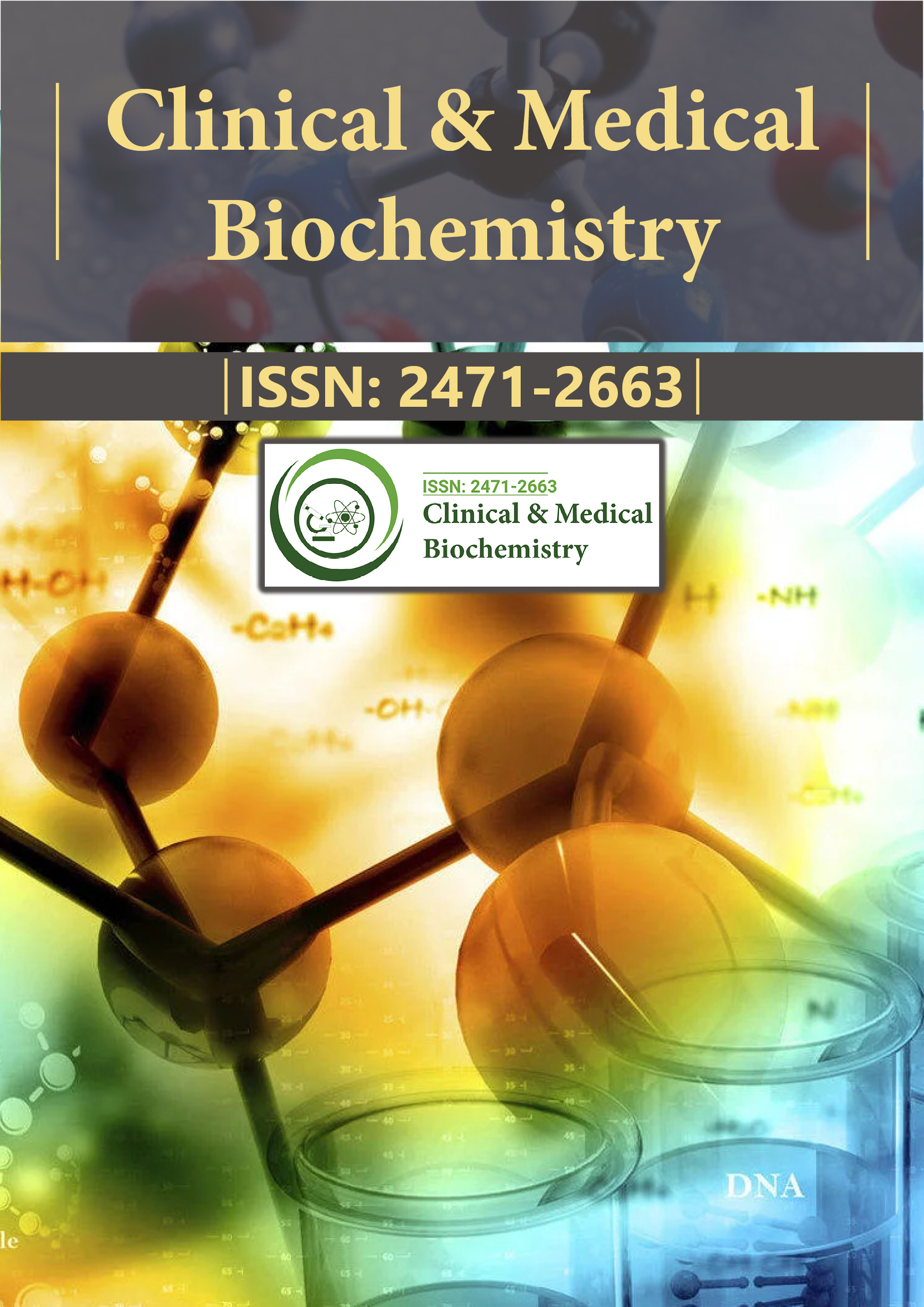Индексировано в
- RefSeek
- Справочник индексации исследовательских журналов (DRJI)
- Университет Хамдарда
- ЭБСКО АЗ
- OCLC- WorldCat
- Ученый
- Паблоны
- Евро Паб
- Google Scholar
Полезные ссылки
Поделиться этой страницей
Флаер журнала

Журналы открытого доступа
- Биоинформатика и системная биология
- Биохимия
- Ветеринарные науки
- Генетика и молекулярная биология
- Еда и питание
- Иммунология и микробиология
- Инжиниринг
- Клинические науки
- Материаловедение
- медицинские науки
- Науки об окружающей среде
- Неврология и психология
- Общая наука
- Сельское хозяйство и аквакультура
- Сестринское дело и здравоохранение
- Управление бизнесом
- Фармацевтические науки
- Химия
Абстрактный
Молекулярный анализ метилирования гена RASSF1 и экспрессии мРНК при спорадическом раке молочной железы
Мария Лагиу, Николета Пумпуриду, Николаос Гутас, Димитриос Влаходимитропулос, Аггелики Паппа, Эви Лианиду, Триантафиллос Лилоглу и Христос Крупис
Введение: Целью данного исследования была проверка инновационных и надежных методов изучения метилирования ДНК первого промотора гена RASSF1 (откуда транскрибируется его первичный транскрипт RASSF1A в ткани молочной железы), его экспрессии мРНК и их оценки при спорадическом раке молочной железы. Материалы и методы: Были проанализированы ДНК и РНК из 81 замороженной ткани рака молочной железы с известными гистопатологическими данными, а также из 4 нормальных тканей молочной железы. Уровни метилирования ДНК оценивали с помощью пиросеквенирования, анализируя 9 динуклеотидов CpG в CpG-островке первого промотора RASSF1. Для экспрессии мРНК использовался метод ОТ-ПЦР в реальном времени, который был проверен с помощью синтетических стандартов с набором SYBR Green PCR и подходящим набором стандартизированных праймеров (Qiagen) для всех вариантов транскрипта RASSF1 (кроме G). Для относительной количественной оценки экспрессии RASSF1 использовался метод 2-ΔCt с бета2-микроглобулином в качестве референтного гена. Результаты: 59 образцов были охарактеризованы как нормально метилированные RASSF1 (72,8%), в то время как 22 образца были охарактеризованы как гиперметилированные (27,2%). Кроме того, 40 образцов были классифицированы как сверхэкспрессирующие мРНК RASSF1 (49,4%), в то время как 41 (50,6%) как субэкспрессирующие. Не было обнаружено обратной корреляции между метилированием и экспрессией RASSF1 (p=0,207). Логистическая регрессия показала, что вероятность инфильтрации лимфатических узлов увеличивалась при наличии отрицательных рецепторов ER (p=0,008, OR 0,09, CI 0,14-0,52), проценте метилирования (p=0,006, OR 7,96, CI 1,82-34,86) и уровне экспрессии RASSF1 (p=0,047, OR 3,94, CI 1,02-15,29). Анализ выживаемости показал, что существует пограничная статистически значимая корреляция между метастазами и сверхэкспрессией мРНК RASSF1 (ранговый логарифмический тест, p=0,040). Выводы: Оцененные анализы, по-видимому, предоставляют потенциально полезную информацию для клинического ведения карцином молочной железы. Аналогичный надежный анализ для метилирования второго промотора RASSF1 должен быть оценен в будущем. Что касается исследования экспрессии, новая стратегия дизайна с зондами, специфичными для всех различных транскриптов RASSF1, обеспечит дополнительную мощность в исследовании и усилит использование новых биомаркеров RASSF1 в клинической оценке спорадического рака молочной железы.